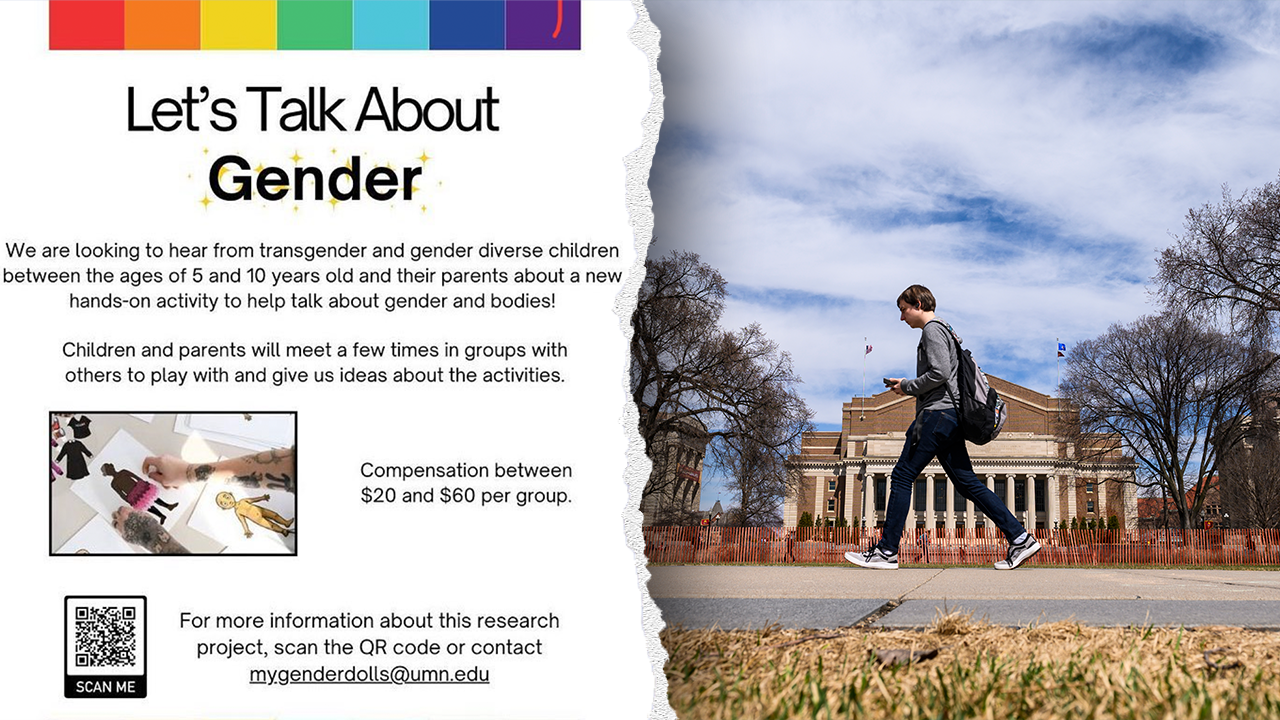receive the National Anti-Corruption Report at Jubilee House from the National Anti-Corruption Action Plan High-Level Implementation Committee.
President Akufo-Addo indicated that his government initiated a holistic program of legislative, administrative, financial, and technological reforms to tackle corruption.
According to him, one of his proudest moments as president was when he established the Office of the Special Prosecutor.
He described the OSP as a symbol of Ghana’s determination to tackle corruption head-on.
He mentioned that during his first term in office, the Corruption Protection Act in 2018 was passed. The Act, he explained, created a framework to safeguard individuals who cooperate with law enforcement, especially in corruption cases.
Furthermore, the Criminal Offences Amendment Act of 2020 elevated corruption from a misdemeanour to a felony, with harsher penalties of 12 to 25 years of imprisonment.
The government also enacted key laws, such as the Fiscal Responsibility Act, the Revenue Administration Amendment Act, and the Anti-Money Laundering Act.
He remarked that budgetary support for accountability institutions has also witnessed unprecedented increases.
“For instance, from 2017 to 2023, Parliament’s budget increased by 100 percent, the police by 274 percent, and the Audit Service by 258 percent. These investments reflect my administration’s commitment to empowering these institutions to discharge their mandates effectively,” Akufo-Addo stated.
RESULTS
“I remember the early days of these reforms when scepticism abounded. People asked, will this really make a difference? Today, the numbers speak for themselves. The Auditor General’s report for 2023 showed a reduction of 5.2 billion CDs in financial irregularities, a 32 percent drop from the previous year,” he said.
TECHNOLOGY
President Akufo-Addo, whose government championed the use of digital systems to run the economy, said that technology has been the cornerstone of the anti-corruption efforts.
He said the introduction of digital platforms for public procurement has minimised human intervention, increased transparency, and reduced opportunities for corrupt practices.
Additionally, he said the passage of the Right to Information Act in 2019 was a milestone in ensuring government transparency.




















Discussion about this post